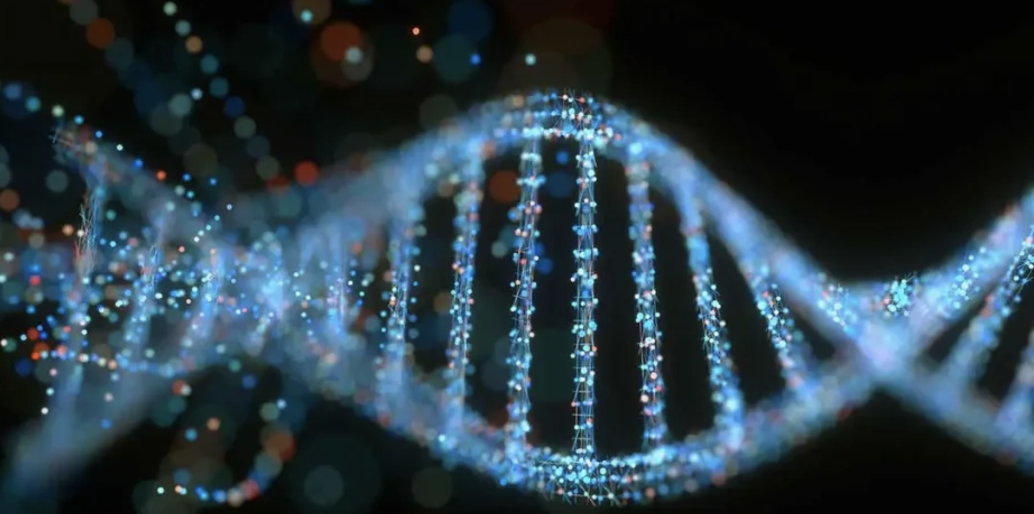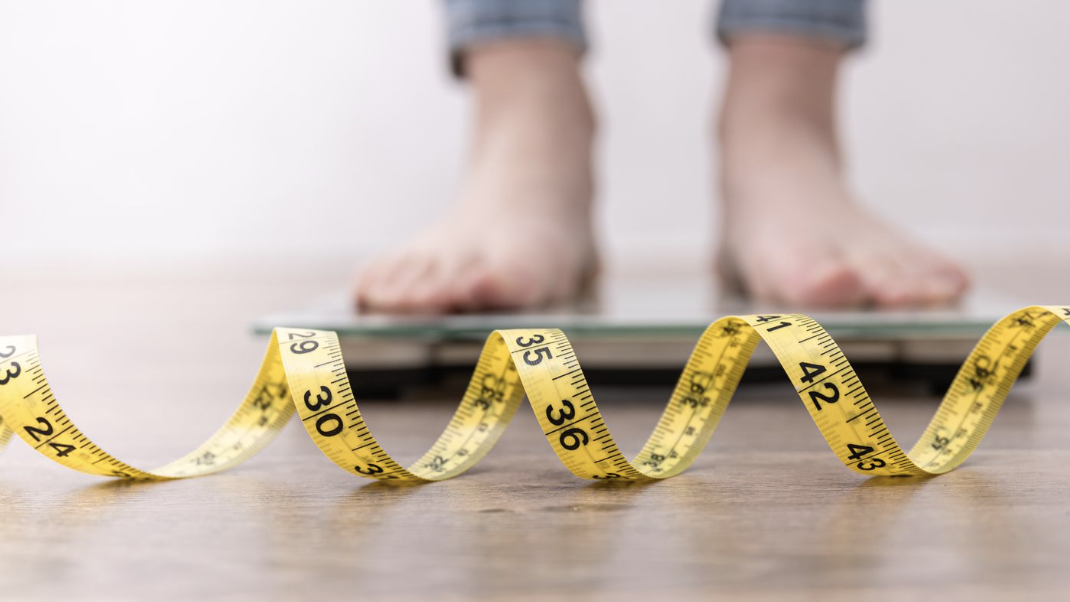Weight Loss on a Gluten-Free Diet
Gluten-free diets are essential for people with celiac disease, but not everyone benefits from cutting gluten. Many gluten-free products are high in sugar and calories. For healthy weight loss:
– Focus on naturally gluten-free whole foods, like vegetables and proteins
– Avoid over-relying on gluten-free processed snacks
Tip: Many USA stores like Whole Foods offer healthy gluten-free meal options!
Digital Detox Practices: Top Strategies to Reclaim Your Life
In today’s hyper-connected world, our dependence on digital devices is skyrocketing. While technology has revolutionized communication, learning, and entertainment, it has also created an overwhelming digital presence in our lives.…






